Contact:
Patricia Elizee, Esq.
Patricia@elizeelawfirm.com
PRESS RELEASE
FOR IMMEDIATE RELEASE
The Haitian Lawyers Association Denounces the Department of Homeland Security’s Directive to Resume Deportations to Haiti.
WEDNESDAY, OCTOBER 5, 2016—MIAMI—On September 22, 2016, Secretary Jeh Johnson, of the Department of Homeland Security (DHS), announced that, effective immediately, DHS would enforce its removal policy with respect to Haitian nationals in a manner consistent with individuals of other nationalities. Essentially, DHS will enforce the deportation of Haitians, with a final order of removal, who entered the United States in or after 2014. He stated in part “the situation in Haiti has improved sufficiently to permit the U.S. government to remove Haitian nationals on a regular basis, consistent with the practice for nationals from other nations.”[1]
The Haitian Lawyers Association denounces DHS’s change in policy and strongly urges the Secretary to revisit his decision, especially after the aftermath of Hurricane Matthew. The Secretary’s rational that “the situation in Haiti has improved sufficiently” to now allow mass deportations to Haiti is misguided. The Association supports and highlights U.S. Representative John Conyers Jr.’s statement: “Deporting Haitians back to a country still reeling from both a devastating earthquake and a cholera epidemic, caused by the United Nations [by] their own admission, is concerning and warrants close oversight.”[2]
Following the devastating earthquake of 2010 in Port-au-Prince, Haiti, U.S. Immigration and Customs Enforcement (ICE) temporarily ceased all removals to Haiti. In 2011, the agency announced the resumption of deportations, however, limited to only Haitians with final orders of removal and convictions of serious crimes.
More than six years later, Haiti is still struggling with the aftermath of the 2010 earthquake. According to Human Rights Watch, 60,000 internally displaced people from the earthquake have not resettled and continue to face environmental risks and threats of forced deportation.[3] Haiti is also still facing a U.N. caused cholera epidemic. Cholera has killed 9,393 people in Haiti, and left 790,840 people sick as of August 20, 2016. The spread of cholera is still a threat in Haiti due to a lack of sanitation in some areas.[4] There have also been reports of the spread of the Zika virus in Haiti.
In addition, Haiti is already facing a mass deportation of Dominicans of Haitian descent from the Dominican Republic—this is not the time for the U.S. to change its deportation policy with respect to Haitians. On September 26, 2013, the Supreme Court of the Dominican Republic upheld a law that strips Dominican citizenship from an estimated 210,000 Dominicans of Haitian descent living in the Dominican Republic. From January to August 2016, the Dominican Republic deported more than 21,000 people to Haiti; another 26,000 individuals left voluntarily to escape violence, deportations and threats.[5] Haiti is currently facing a humanitarian crisis. A possible mass deportation of Haitians will worsen the situation and will crumble the country’s vulnerable infrastructure.
The timing of the change in deportation policy is very troubling. Presidential elections in Haiti are currently scheduled for October 9, 2016. The possibility of having thousands of Haitians repatriated before the elections will impact the country’s already unstable social, economic and political environment. Since February 2016, the country has not been functional—a provisional president has been in power with no voting parliament. It is imperative for the future of Haiti that the October elections are successful.
To justify the policy change, DHS cites to a recent increase of Haitians entering through the southern border. After the earthquake, thousands of Haitians relocated to Brazil and benefited from special humanitarian immigration status. Some of these individuals are now forced to flee Brazil for various reasons. Their desperate and dangerous journey to the southern border of the United States, instead of returning to Haiti, further evidences that Haiti is in no current state to receive further mass repatriations of Haitians.
Yesterday, Hurricane Matthew, a category 4 hurricane pummeled through Haiti and left devastation in its wake as it is estimated that at least 11 people have died. Further, early reports are showing that 14,530 people have been displaced and over 1800 homes have been flooded. These conditions further strain the infrastructure conditions within Haiti and continue to show that it is not prudent to send more people to a situation of devastation and turmoil.
This change in the DHS’s policy to now start deporting Haitians back to Haiti is misguided. It is the eve of presidential elections, which are critical for the future of Haiti. The country is still burdened with the lasting effects of the 2010 earthquake. Mass deportations of Dominicans of Haitian descent from the Dominican Republic are currently being carried out. Additionally, the Haitian people are dealing with the threats of cholera and the Zika virus. Secretary Jeh Johnson’s assertion that Haiti’s situation has improved enough to allow a mass repatriation of Haitians, is wholly inaccurate. We urge Secretary Johnson to revisit his decision. The current conditions in Haiti are not suitable to handle a mass influx in population. Sending more people to a situation of devastation and turmoil is simply not prudent.
###
ABOUT THE HAITIAN LAWYERS ASSOCIATION The Haitian Lawyers Association (HLA) is a non-profit membership organization whose mission is to promote excellence, professionalism, equality and diversity in the legal profession and among our members and to facilitate the administration of justice while striving to protect and promote the general welfare of the Haitian-American community and other minority residents in the South Florida area.
[1] https://www.dhs.gov/news/2016/09/22/statement-secretary-johnson-concerning-his-directive-resume-regular-removals-haiti
[2] https://www.c-span.org/video/?415725-1/ice-director-sarah-saldana-testifies-oversight-hearing
[3] https://www.hrw.org/world-report/2016/country-chapters/haiti#75b8e6
[4] http://www.miamiherald.com/news/nation-world/world/americas/haiti/article102892432.html#storylink=cpy
[5] http://sentinel.ht/2016/09/09/905-unaccompanied-minors-among-48k-returned-dominican-republic/


